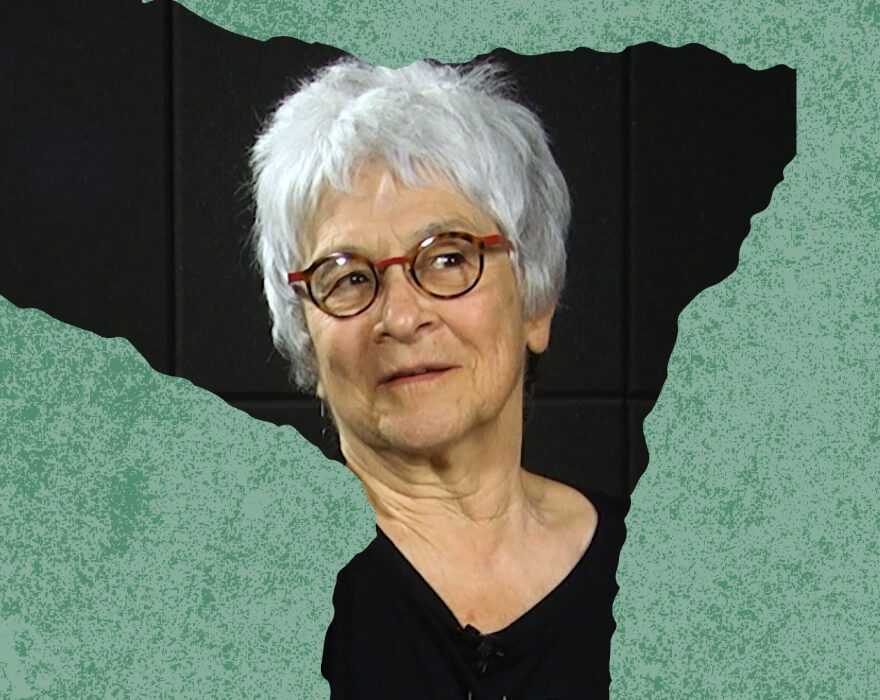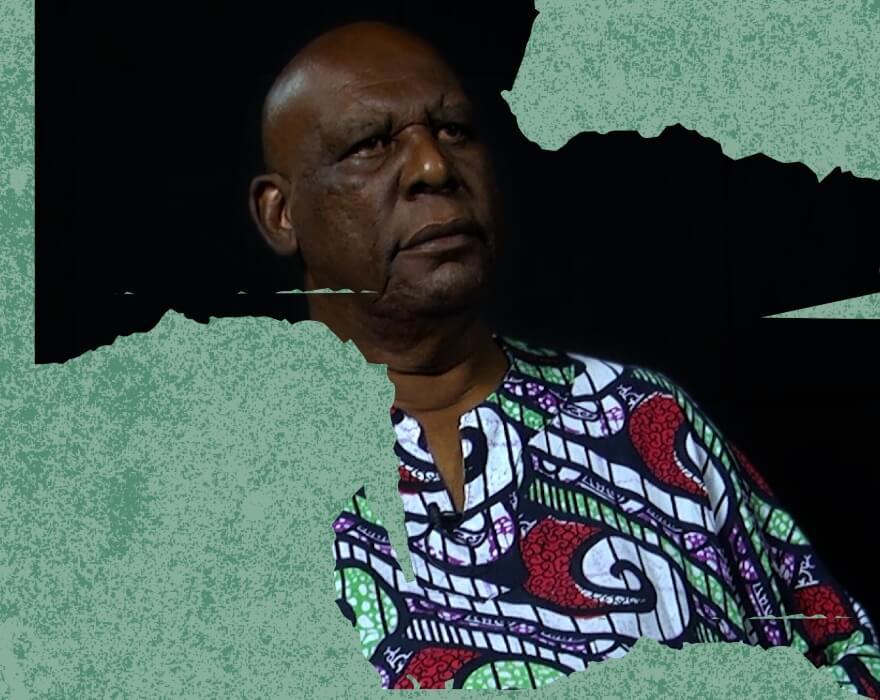Ailton Krenak
Mantena/MG, 1953
Indigenous leader and writer
Interview granted in 2006 and 2007
Ailton Alves Lacerda Krenak was born in Itabirinha de Mantena/MG on September 29, 1953. The Krenak people lived in the regions that nowadays form the border between the states of Minas Gerais, Espírito Santo and Bahia. Through illegal land concessions to loggers, miners and construction companies, the dictatorship reinforced the indigenous massacre that has occurred since colonial times. State intervention in indigenous lands led to several migratory flows of peoples who, according to Ailton, are still trying to return home, body and soul.
Transcription:
I remember it was the first time in my life that I smelled diesel fuel. I found it quite weird, I thought the smell of grease and diesel was very bad, because diesel was the fuel used by the big trucks that came in to ravage our forest. And it was like that, that heat, that damn dust, those trucks passing by, taking the forest away. And I had no idea about this environmental subject, this complex stuff, but I knew that these guys were stealing something invaluable, taking something priceless from us. Today I know that they were destroying the environment, our springs, our waters, the birds, the animals I love. But in my innocence, I felt that those guys were nasty, they reeked of diesel and grease, and those trucks made such loud noises.
Then, with this occupation by entrepreneurs, logging companies, sawmills, settlers, cattle ranchers, farms, we were somehow driven out from this region. That’s when we first migrated. There was uncertainty, and the boys felt it. At night, when we went to sleep, the car stopped on the margins of the city and the citizens were looking at us, the police asking: “Where are the documents”? The adults were gone, the children were left with the women. We were scared, we didn’t know if we were going to have food, if we were going to sleep properly. Then the next day, early in the morning, we continued walking again.
And this pilgrimage to find a home to live took a long time, long enough to make our mothers cry, wanting to leave, wanting to come back. Then the men were sad too, they didn’t know what to do. They were trying to find something to do, a job to earn money to buy food. The people who owned the houses did not want to find a home for us to live in.
My father and uncles had to find a place and get wood and build a wooden structure. That’s what they call shacks, but for us it was our home, they weren’t shacks. And when we started to notice that they called those places shacks, we felt offended. I also started to realize how different people were here, there were people who lived in shacks, there were people who lived in houses, there were people who lived in buildings, there were people who had cars, there were people who had money, there were people that didn’t have any. From that moment, I promised in my heart that my mission was to take my relatives back one day, even if it took my whole life. I think for the last forty years, that’s what my life has been about, bringing my family back home.

